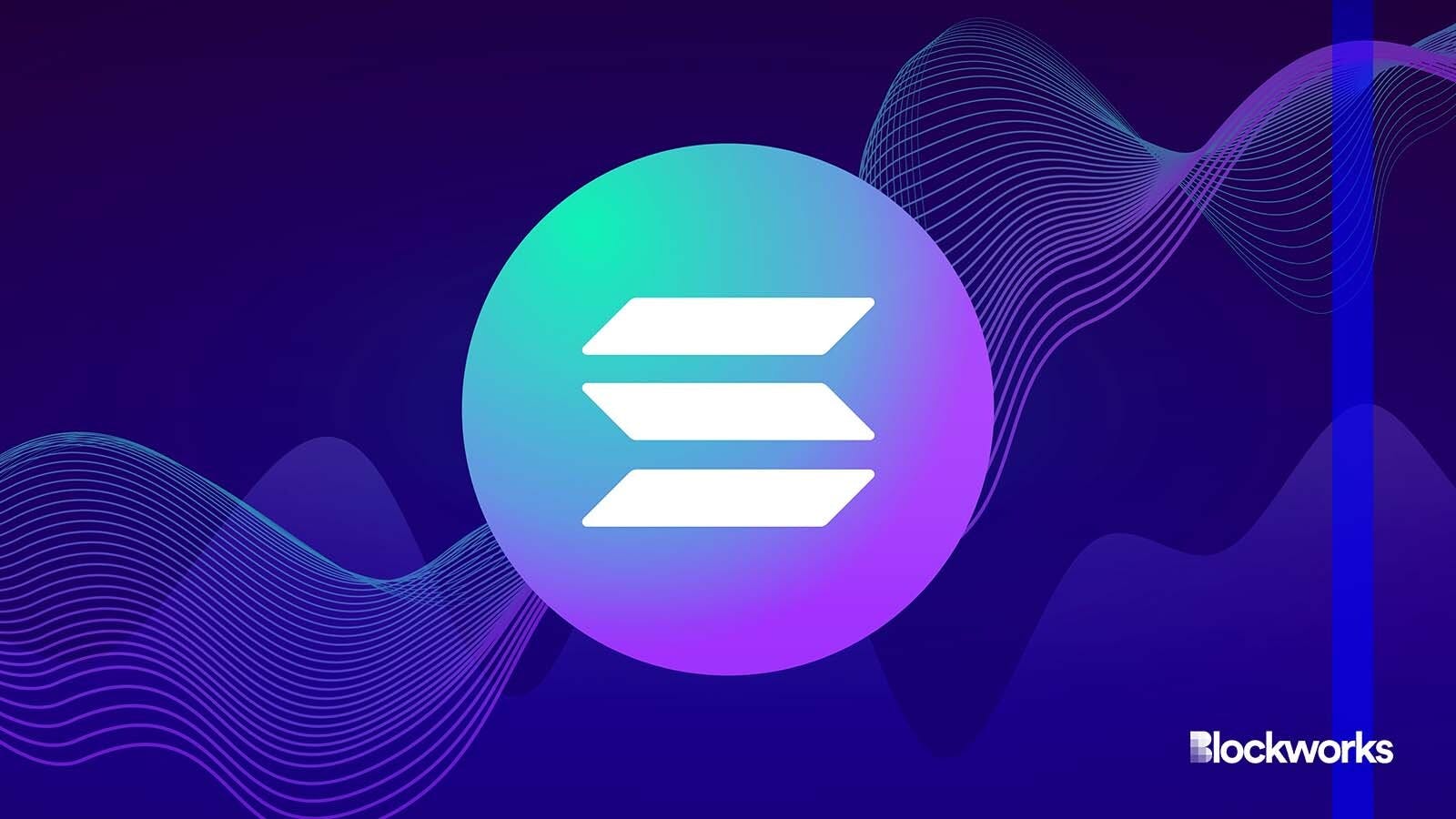Solana-based Jupiter to launch token on Jan. 31
The swap aggregator has set a date for the first of four rounds of airdrops

Yoann184/Shutterstock
Jupiter, a liquidity aggregator that handles a majority of Solana decentralized exchange volume, will debut its native JUP token on Jan. 31, the project’s co-founder said Monday.
The token launch and accompanying community airdrop comes on the heels of multiple other Solana ecosystem airdrops that played into a late-2023 Solana bull run. The layer-1’s price plateaued amid a shift in spotlight to the approval of bitcoin ETFs in the US last week.
Jupiter launched in October 2021, touting itself as Solana’s first on-chain swap aggregator. An aggregator routes DeFi transactions in such a way that trades experience minimal slippage and faster execution, drawing on liquidity from multiple DEXs.
The aggregator runs for free, but Jupiter charges fees on dollar-cost averaging (DCA) orders, perpetual swaps and limit orders on its exchange.
Jupiter handles roughly 65% of Solana DEX volume, according to a Dune Analytics dashboard. The aggregator peaked with $16 billion in volume in November, up from $946 million in September and $3.9 billion in October.
Read more: BONKbot volumes rise as the memecoin’s DeFi uses grow
The platform’s leap corresponded with Solana’s noteworthy price climb. A late-year surge meant Solana’s value rose by ten times in 2023, though it still remains at less than half of its all-time high. Token airdrops from liquid staking platform Jito and oracle provider Pyth injected hundreds of millions of dollars worth of value into Solana’s ecosystem. Solana DeFi protocols booked record volumes along the way.
Jupiter teased its JUP token at Solana’s Breakpoint conference in November, saying the tokens would be distributed to the community through four airdrop rounds. The first round will take place on Jan. 31. Half the tokens will be given to the Jupiter community, and half will be managed by the team, with a vested 20% of the one billion tokens going to the team.
The token is meant to govern a future Jupiter DAO, which pseudonymous co-founder Meow said would be “the most effective, forward looking, decentralized, non-insider voting DAO in [the] history of DAOs.”
As is often the case with airdrops, the JUP token is being dealt out based on users’ past engagement with the platform — activities like trading volume and actions on the site.
Notably, the token won’t see revenue sharing until Jupiter sees a tenfold increase in user base, which is estimated to take two years. These are the kinds of growth expectations put on token launches.
“Just like BONK, JUP will attract -new- money into our ecosystem,” X user gaius1337 wrote. “[It’s] very different from the usual game of hot potatoes where one asset gets swapped for another…Non-sol-people may want/need JUP exposure.”
Solana (SOL) traded sideways on the airdrop date announcement, ranging around $96 on Tuesday afternoon.
Get the news in your inbox. Explore Blockworks newsletters:
- The Breakdown: Decoding crypto and the markets. Daily.
- 0xResearch: Alpha in your inbox. Think like an analyst.






